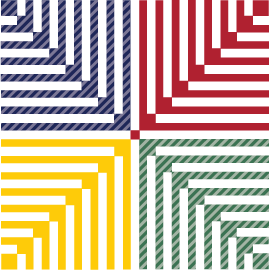From a young age growing up in Ireland, 16-year-old Anrai Carroll learned about Palestinian history and culture through his mother, Brenda. Upon learning the grim realities of Palestinian child arrests – which affect hundreds of underage children in Palestine every year – Anrai became determined to do something about it. Encouraged by his mother, family, friends, and classmates (who helped him raise €300 worth of lunch money to chop off his long locks), Anrai decided to travel to Palestine and make a film about Israeli detentions of minors to raise awareness among people back home. “The one thing that has always been close to heart with Palestine, for me, has been child arrests,” he says. “Knowing that children my age could get arrested – that I only hadn’t been arrested because I was born in Ireland – is something I wanted to concentrate on in the film.” With cameras in hand, Anrai and his mother travelled to the West Bank in October, 2013 to shoot. We got the chance to talk with both Anrai and Brenda about the making of Small Hands in Handcuffs, and especially about what Anrai learned along the way. 

— Alia Gilbert for BPFF
Small Hands in Handcuffs screens Monday, October 20, 2014 at the Cambridge Public Library at 6 pm as part of a thematic slot called Shebab (Youth) in Palestine and Beyond. The show is free and open to the public and is co-presented by The Irish Film Festival – Boston. View the full BPFF festival schedule here.

